What is it?
Germany is taking steps towards a more digital-friendly health system – and one of the biggest projects is e-prescriptions.
In future, people in the Bundesrepublik will receive their prescriptions from the doctor digitally (known in Germany as an ‘e-Rezept’).
Patients should be able to get prescriptions from their doctor via a QR code sent to an app (developed by Gematik and the Health Ministry,), which can then be transmitted to a pharmacy.
The pharmacy can then let the patient know whether their medicine is in stock (or if they want to order it), and when it is ready for collection.
The digital document will replace old paper prescriptions. However, the QR code can also be given to the patient by the doctor on a piece of paper if the patient prefers or doesn’t have access to a smartphone.
The aim is that it will save on paperwork, time at the doctor and on trips to the pharmacy.
The e-prescription is also intended to make treatment with medicines safer, for example by reminding patients when they need a certain medicine again. According to the Ministry of Health, it will also be able to check whether all medicines are compatible with each other.
After some disagreement between healthcare providers and authorities, the gradual introduction of the e-Rezept in doctors’ surgeries and pharmacies will start on September 1st.
READ ALSO: The changes around doctors notes in Germany you should know
Haven’t I heard about this before?
Yes. It has been talked about for some time, and was originally meant to launch this year, as The Local reported.
In fact, the legal basis for the e-prescription was created back in 2020, but the project has taken a long time to progress. A test phase in Berlin-Brandenburg last year fizzled out. Afterwards, a nationwide test phase, in which practices could participate voluntarily, started with a delay.
Meanwhile, doctors and insurers slammed the plan, fearing that it would be difficult to implement on a day-to-day basis.
Nevertheless, former Health Minister Jens Spahn (CDU) wanted to make the e-prescription compulsory nationwide as early as January 2022, however, his successor Karl Lauterbach (SPD) extended the test phase indefinitely.
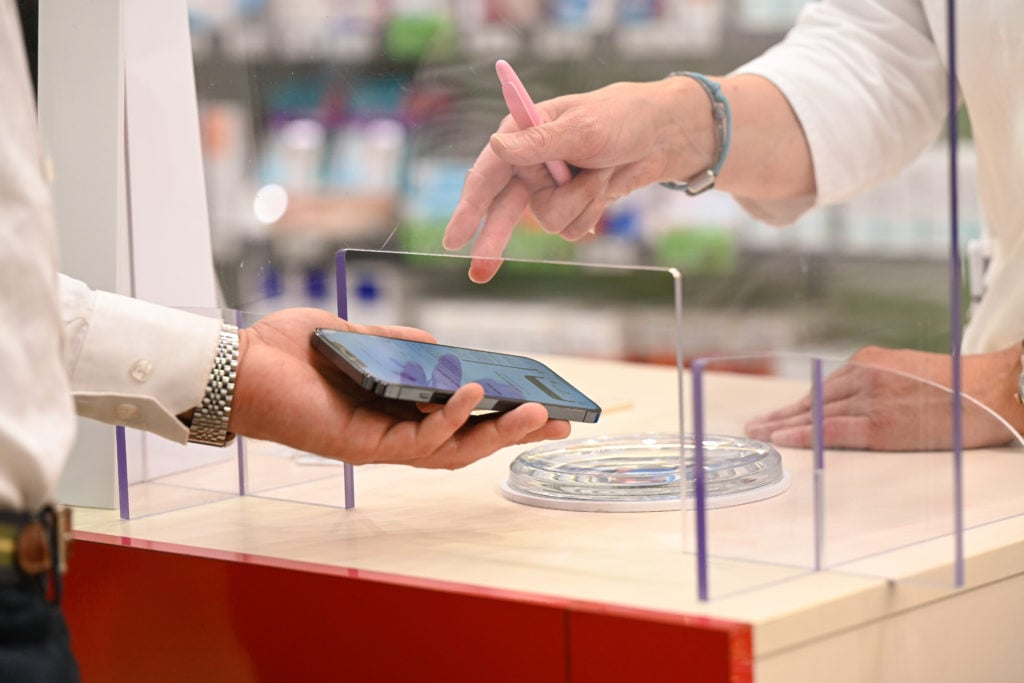
How will it start?
After a long delay, representatives of the health care system have now agreed on the next steps for the introduction of the e-prescription.
Pilot practices and hospitals in Schleswig-Holstein and North Rhine-Westphalia will issue e-prescriptions from September 1st.
From then on, pharmacies throughout Germany will have to accept digital prescriptions.
READ ALSO: 10 rules to know if you get sick in Germany
Gradually, more practices and clinics will be added to a pilot procedure. For doctors, however, there is no obligation to issue e-prescriptions for the time being – instead, a regional step-by-step model is planned.
This model will also start in the two pilot regions, where digital prescribing is to become mandatory from December 2022. The prerequisite for this, however, is that all the parties involved – from the Gematik app creators to the government, doctors, hospitals and health insurance organisations – are satisfied with the pilot introduction and consider it a success.
Meanwhile, in December, the gradual introduction of the e-prescription is to start in six more federal states and the rest in the coming year. So from 2023, the e-prescription will be available in all states if all goes to plan.
Health Minister Lauterbach welcomed the introduction. “This is a breakthrough for digitalisation,” he wrote on Twitter on June 1st.
.@Karl_Lauterbach zum @gematik1-Beschluss, ab Sept. in zwei Regionen mit dem #eRezept zu starten: „Das ist ein Durchbruch für die #Digitalisierung. Das eRezept steigert die Arzneimittelsicherheit & spart Zeit & Wege. Es wird sich bewähren & schnell bundesweit Anwendung finden.“
— BMG (@BMG_Bund) June 1, 2022
How exactly will it work?
In theory, this is the plan – you’ll visit the doctor or have a video consultation. After the check-up, the doctor will issue you with an electronic prescription for the medication that has been prescribed to you.
A prescription code is automatically created for each ‘e-Rezept’, which you will need so you can get the medicine at the pharmacy. As we mentioned above, patients in Germany can either open this QR code in the free app or receive it as a printout from the doctor.
Next, you can take the prescription QR code (either in the app or as a printout) to your pharmacy of choice to get the medication needed.
One of the major differences and timesavers under the new system is that you can also select the pharmacy you want to get the prescription from digitally, order the medication (if needed) and you’ll be alerted when the prescription is ready. You can also arrange to have it delivered if needed.
A doctor’s signature is not required because e-prescriptions are digitally signed.
In the nationwide trial phase that has been running so far, about 24,000 e-prescriptions have been filled in six months.
Compared to the approximately 500 million prescriptions issued on paper in Germany each year, this is a small proportion.
Nevertheless, it appears that Germany really is starting to embrace the digital side of healthcare.

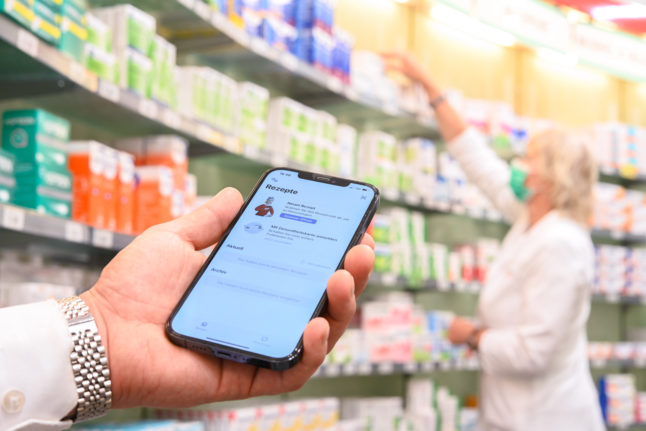
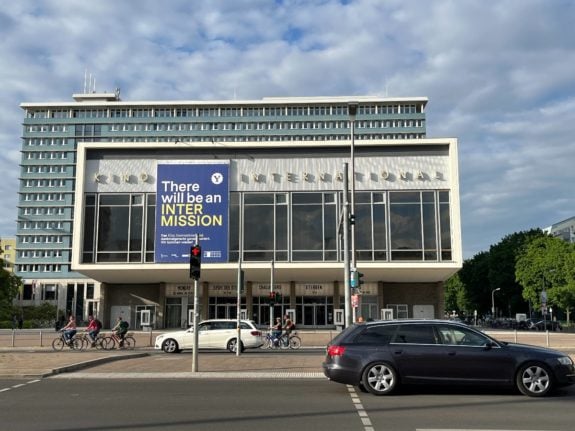
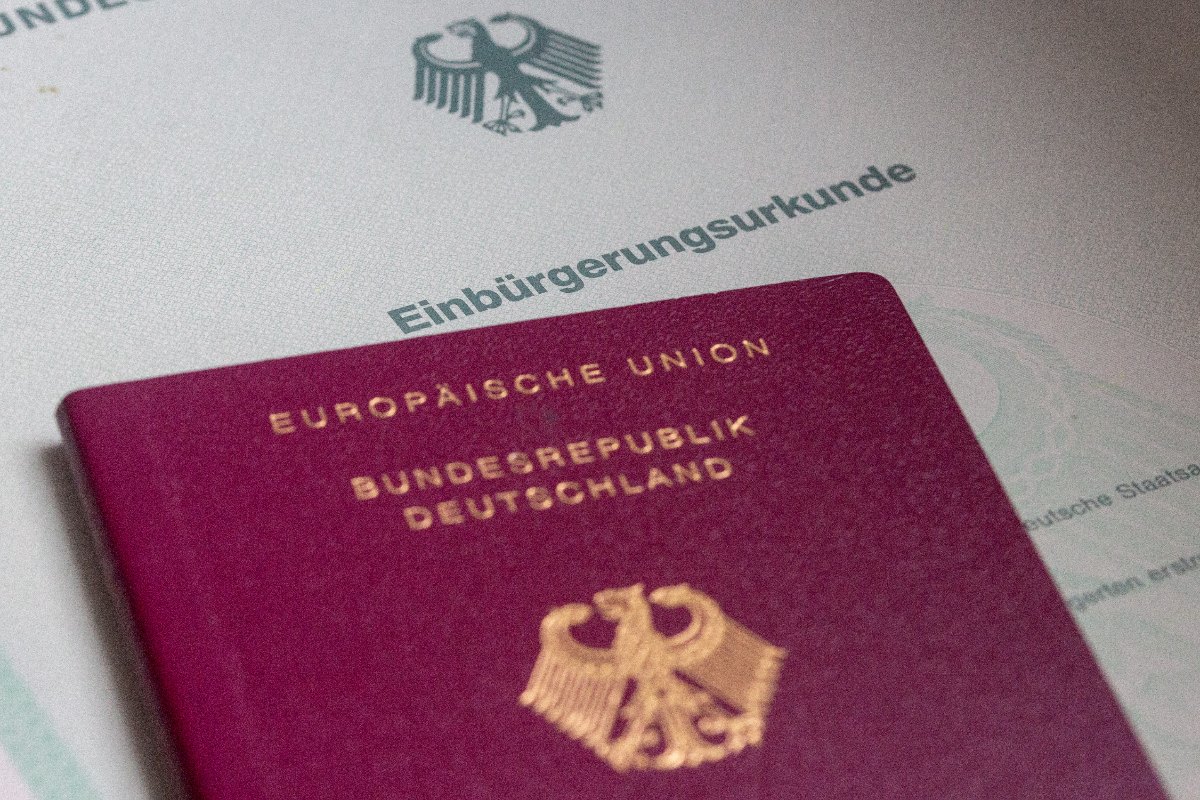
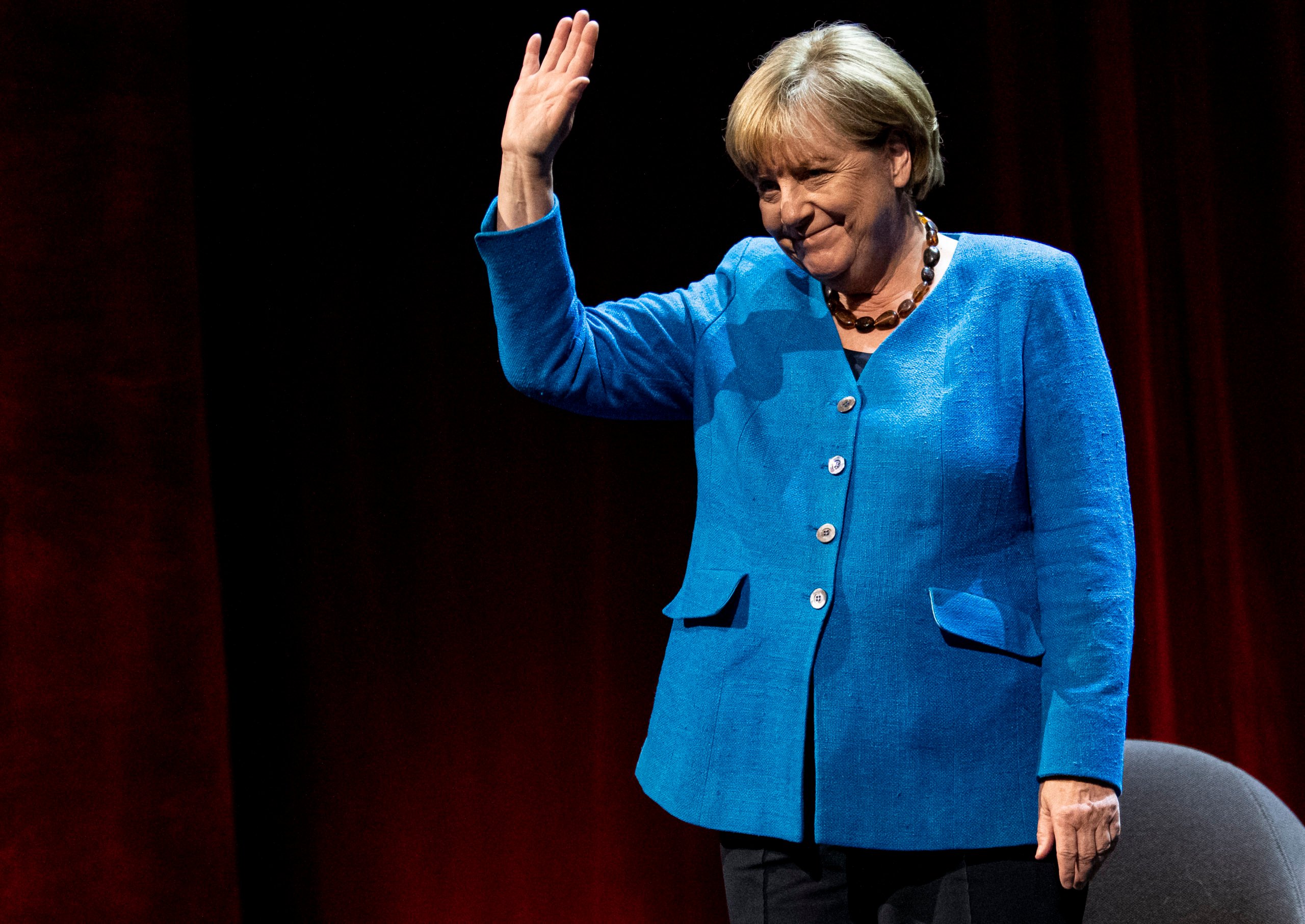
 Please whitelist us to continue reading.
Please whitelist us to continue reading.
Member comments